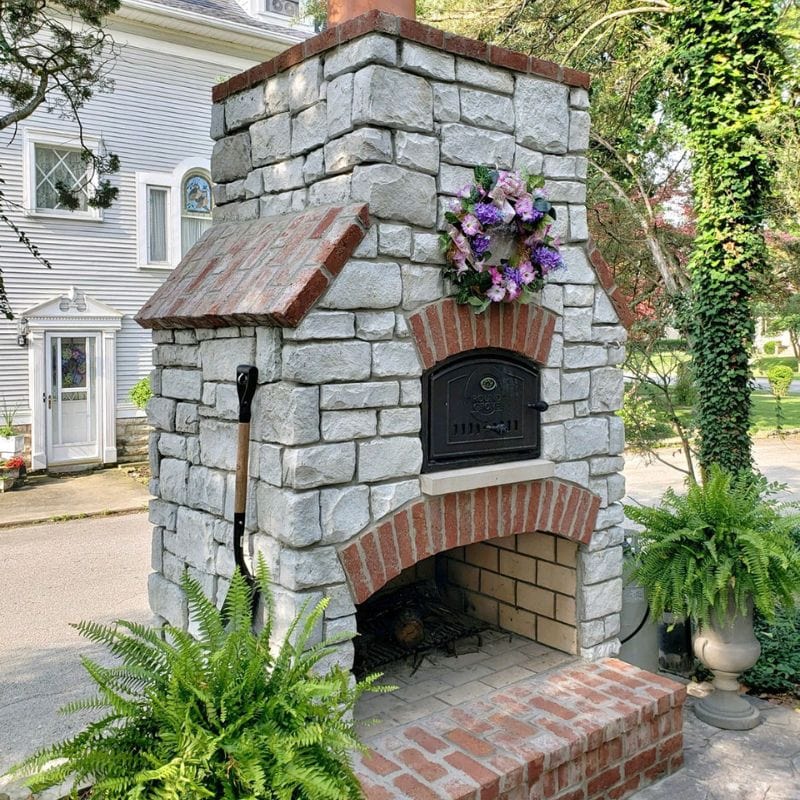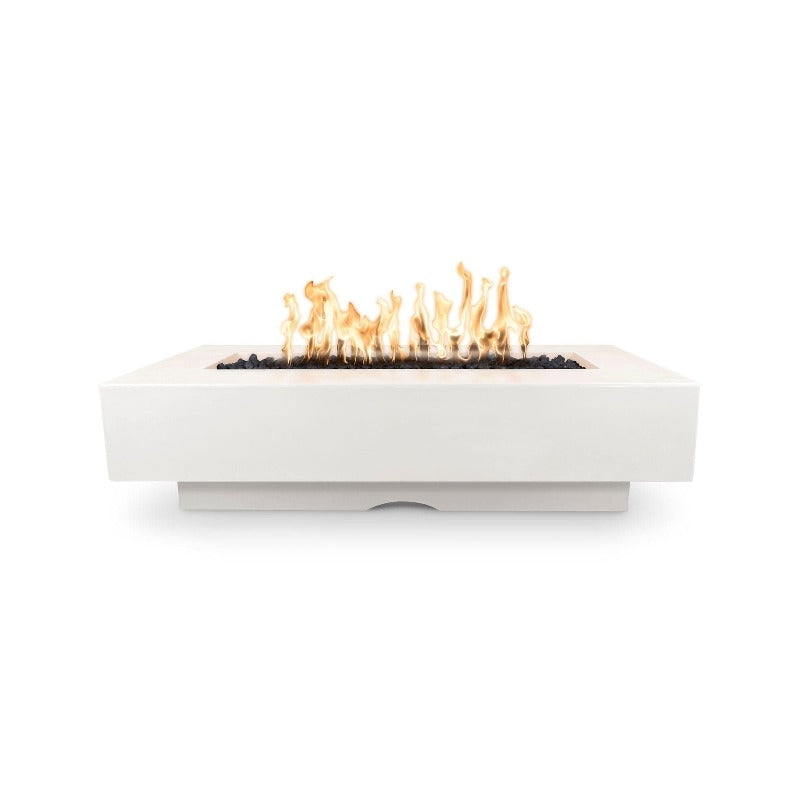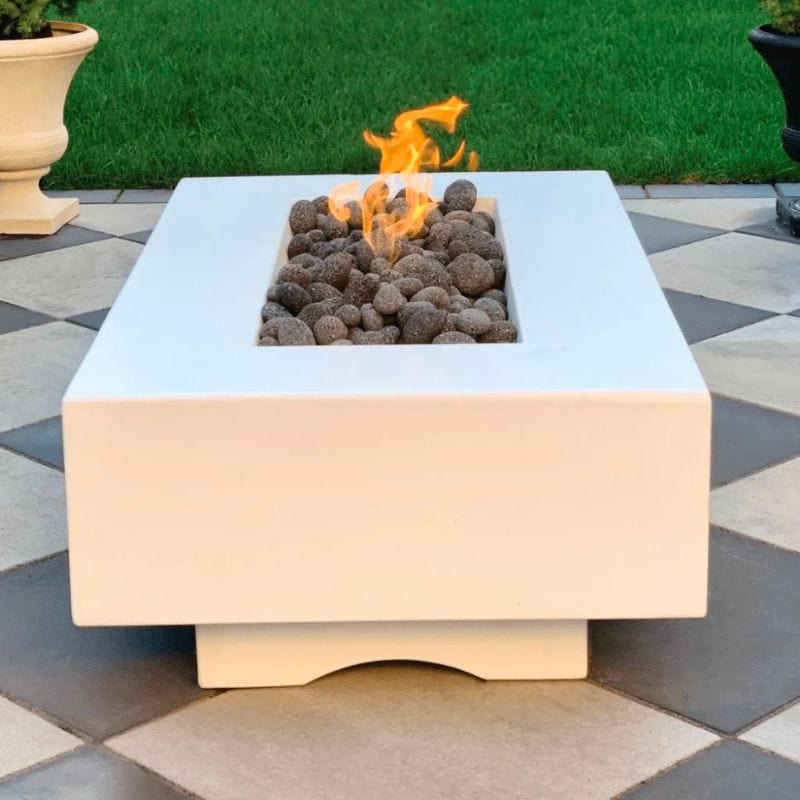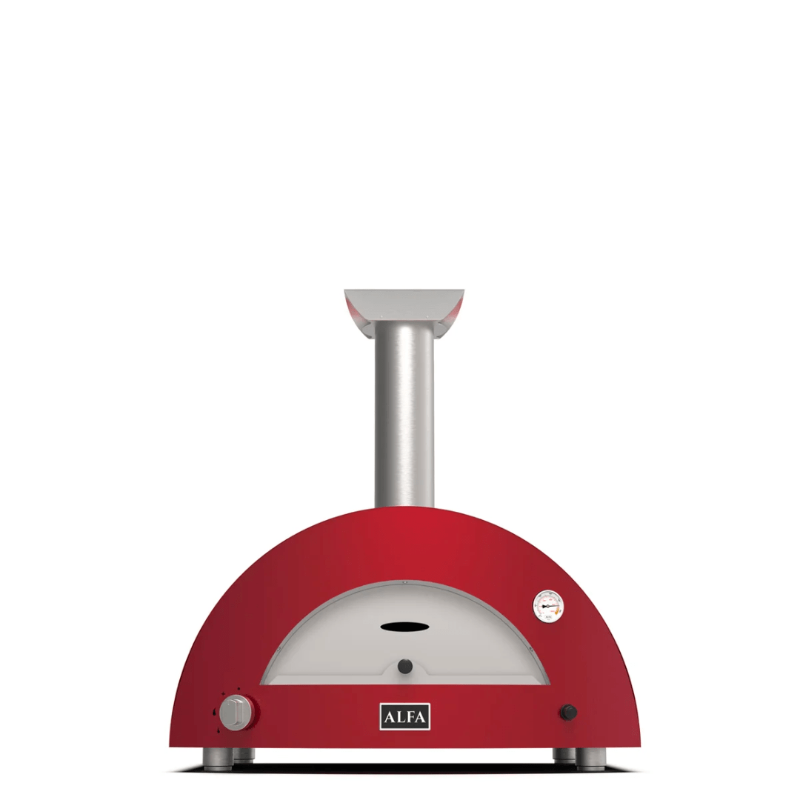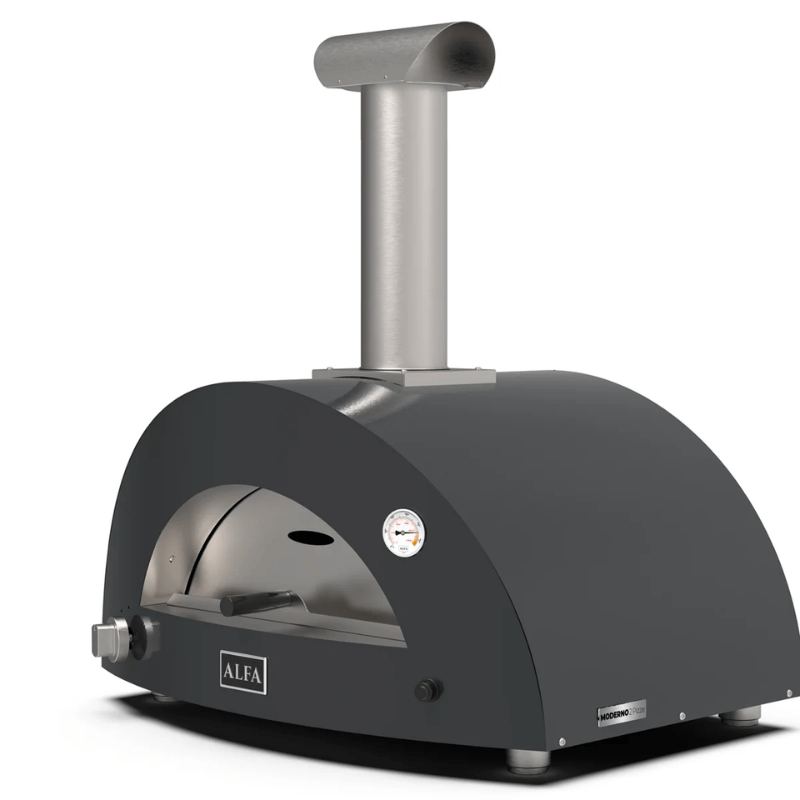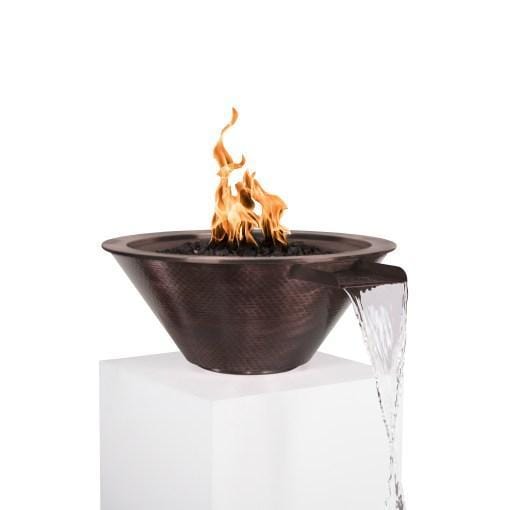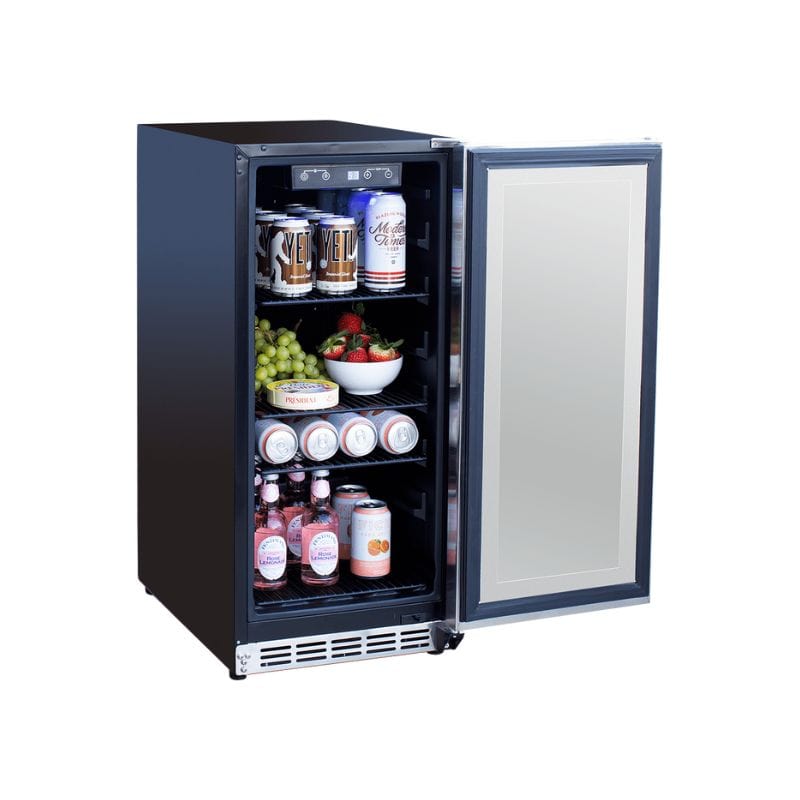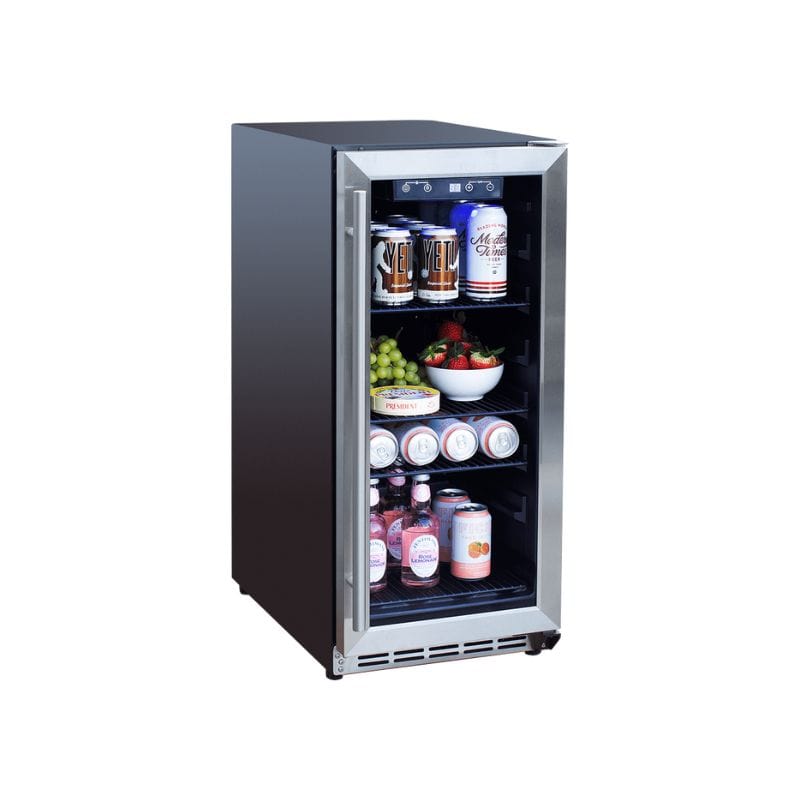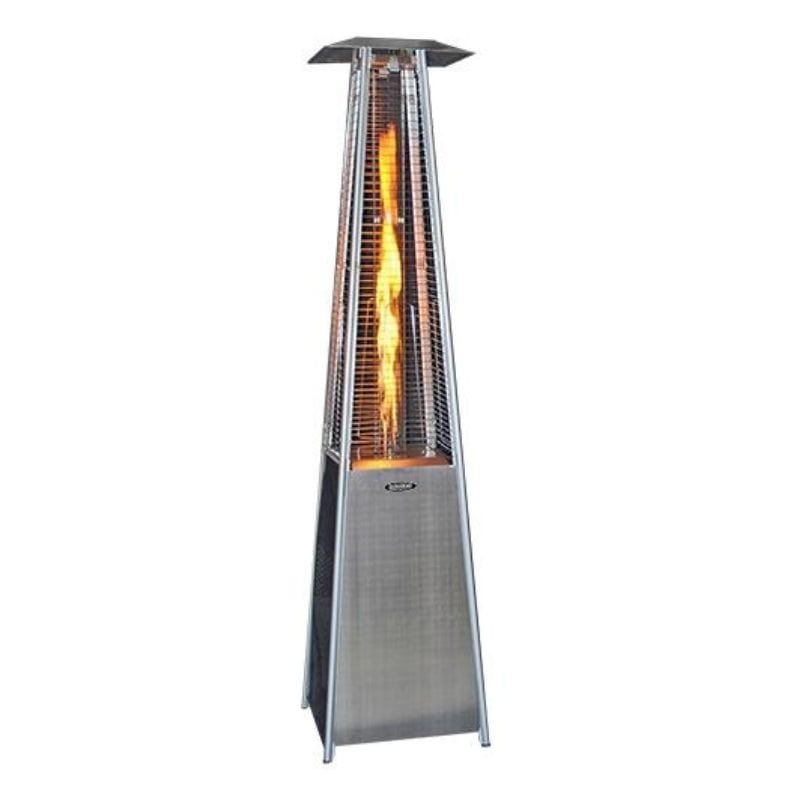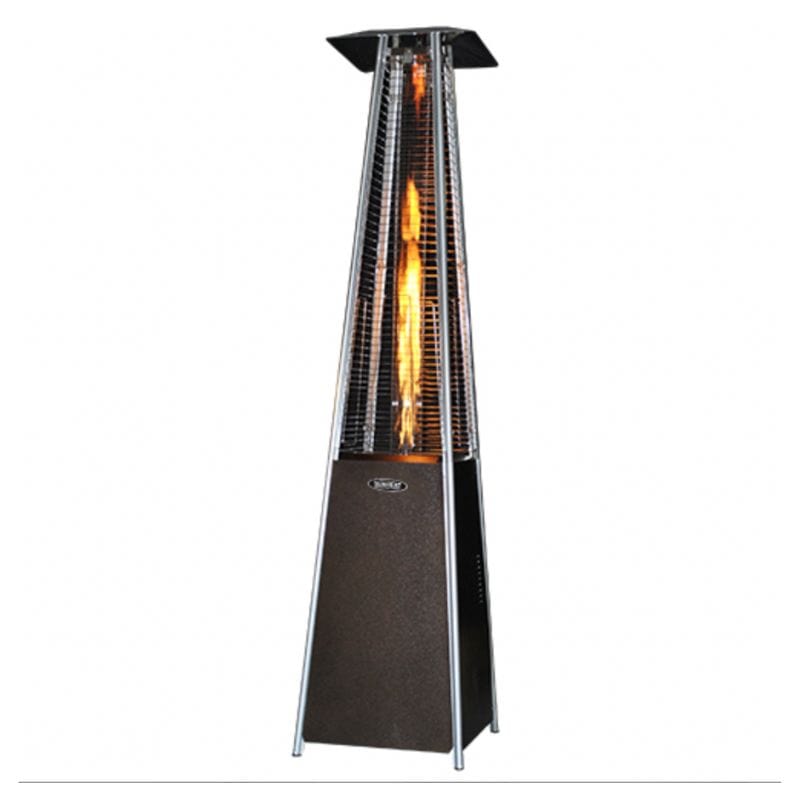Proper maintenance of cooking tools is vital for culinary enthusiasts and professionals alike. Your kitchen gear impacts every meal you prepare, from the knives you use to the cutting boards you work on. When these tools are cared for, they perform better, ensuring a more enjoyable and efficient cooking experience. Neglected or poorly maintained tools can lead to mishaps, a slowdown in meal preparation, and even compromised food safety. While some may see maintenance as an inconvenient chore, embracing it will prolong the lifespan of your kitchen equipment and enhance your cooking skills.

Understanding Cooking Tools
Cooking tools encompass a wide range of items, from everyday utensils like spatulas and ladles to larger equipment such as blenders and food processors. Knives, pots, pans, and cutting boards all play pivotal roles in the kitchen, each with a specific purpose.
The quality of these tools can significantly influence the outcome of a dish. Properly maintained, high-quality tools support the critical elements of precision and consistency in cooking. Sharp knives allow for cleaner cuts and safer handling, while well-oiled wooden instruments resist splintering and damage, maintaining their integrity over time.
Understanding the nuances of each tool can help you use them to their fullest potential, maximizing your cooking experience.
Importance of Regular Cleaning
Regular cleaning forms the backbone of maintaining your cooking tools. Kitchen utensils come into contact with various ingredients, which can leave behind residue and bacteria. Wooden cutting boards can absorb moisture and food particles if not cleaned correctly, leading to microbial growth. Washing items after each use minimizes this risk, extending their lifespan while promoting food safety.
It's essential to use the appropriate cleaning agents. For wooden tools, avoid harsh chemicals that can damage the finish. Instead, opt for gentle cleaners and natural oils, which help in maintaining their appearance and structural integrity.
Investing in Quality Products
When it comes to kitchen tools, quality often outweighs quantity. Investing in high-quality items elevates your cooking and makes maintenance easier. Quality cooking tools are typically made from superior materials that resist wear and tear. A ceramic knife may be an excellent choice for those who prioritize sharpness.
Quality products often come with better warranties and support, giving you peace of mind regarding your investment. Once you invest in quality, your focus can shift towards proper care practices that keep these tools in top condition.

The Role of Oiling and Conditioning
Wooden cooking tools, such as spoons, boards, and butcher blocks, require regular oiling to maintain their condition. Using food-safe oils helps prevent drying and cracking, closes the wood’s pores, and ensures an extended service life. The right oil, specifically designed for kitchen use, hydrates the wood and prevents it from absorbing moisture and nasty odors that can linger after use.
Using cutting board oil is essential in this regard, as it seals and protects your surface, keeping it vibrant and functional for years to come. Implementing a consistent oiling schedule can significantly enhance the performance of your wooden tools, making meal preparation smooth and hassle-free.
Regular oiling is straightforward. Just apply a thin layer of the oil and allow it to soak in overnight before wiping off any excess.
Tools that Require Special Attention
Different tools require varying levels of care. Knives need regular cleaning and frequent sharpening to maintain their cutting edge. A dull knife demands more force, making cooking less enjoyable and potentially dangerous.
Pots and pans, on the other hand, require material-specific cleaning methods. For example, non-stick cookware should never be cleaned with abrasive materials that could scratch their surfaces. Each type of tool varies, so understanding the specific needs of your collection will aid in maintaining them properly.
Certain specialty tools, like meat grinders or spiralizers, may also require care after each use to ensure they continue operating smoothly in future preparations.

Storing Kitchen Tools Properly
Proper storage is one of the most important yet often overlooked aspects of tool maintenance. Storing your knives in a knife block enhances safety and keeps their edges intact. On the other hand, stacking pots can lead to scrapes and scratches. Investing in protective pads can prevent damage. For wooden tools, a dry clean environment away from direct sunlight is crucial for preventing warping.
Dedicating a designated space for each tool keeps your kitchen organized and makes for easy access when you need a particular item during a recipe, ensuring that your tools remain in optimum condition and ready for use.
Investing time and effort into maintaining your cooking tools rewards you with superior performance and durability. Understanding the importance of proper cleaning, investing in high-quality equipment, and storing your tools optimally can enhance your culinary adventures immeasurably.
Your kitchen tools are essential partners in preparing meals that nourish you and your loved ones. Embrace the habit of regular maintenance to enjoy the many benefits this brings to your cooking experience.
By doing so, you ensure the longevity of your tools and elevate your cooking capabilities, transforming your kitchen into an efficient and joyful space.



